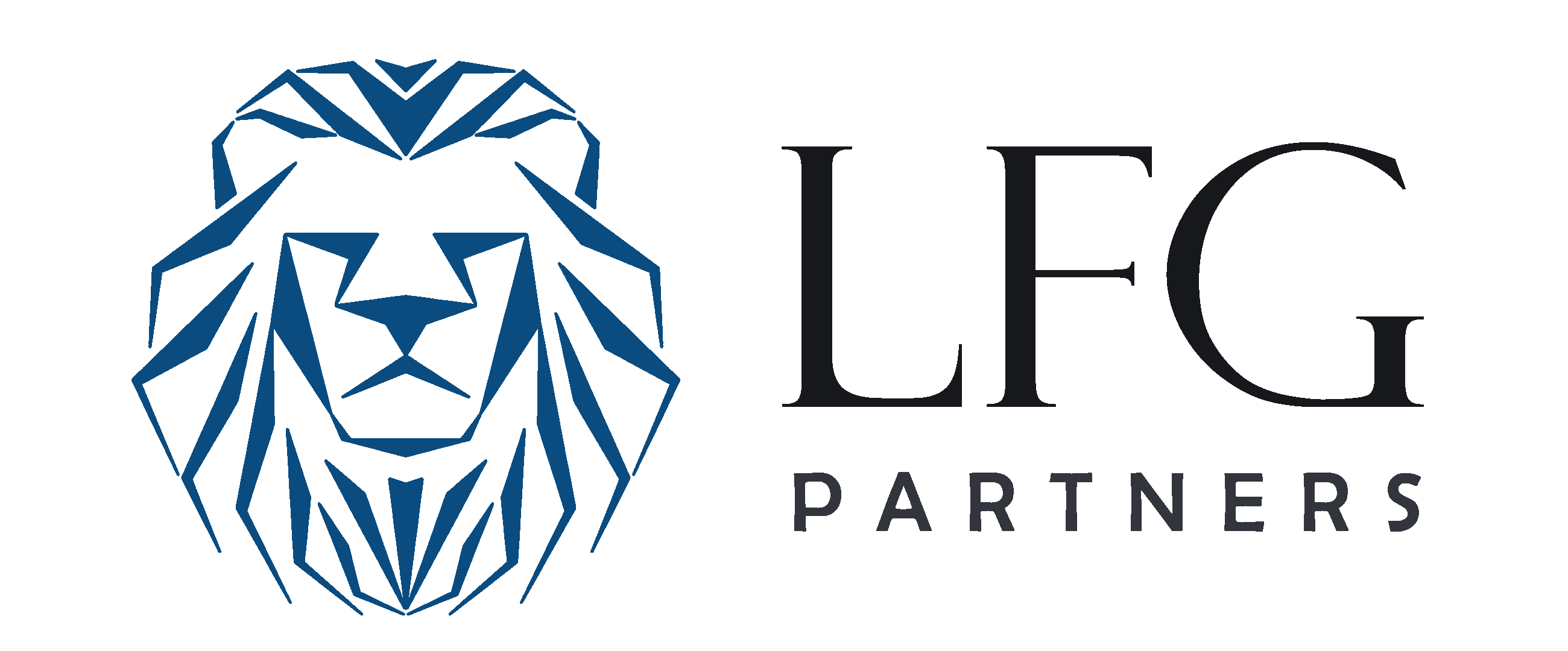An Introduction To Tax Accounting For Small Business
- LFG
- Jan 13, 2022
- 2 min read
Starting a new business is an exciting time, but it also comes with many obligations. In addition to legally registering your business, setting up operations, and marketing, you'll also need to know all about tax accounting for small businesses.

Tax accounting involves recording all of the incoming and outgoing money in your business so you can file your taxes correctly. In many cases, you'll also need to know about sales tax requirements and other obligations. Here's an introduction to tax accounting for anyone running a small business.
Open A Business Bank Account
The first thing you should do after legally registering your business is open a business bank account. Using a designated business bank account to store business funds, take payments, and pay for business expenses can help immensely when it comes to accounting and filing taxes.
In addition to making accounting and bookkeeping easier, having a business bank account can also help protect your personal assets. When it comes to things like business lawsuits, bankruptcy, or audits, it helps to keep your business funds separate.
Set Up A Bookkeeping System
You'll need to record every incoming and outgoing transaction in your business. Even the smallest incoming payments and expenses are important when it comes to filing your taxes, so make sure you set up an accurate and thorough bookkeeping system.
The best way to do this is to use a bookkeeping app for businesses. Apps like QuickBooks can connect to your business bank account and record all of your transactions, making it easy to keep and analyse accurate financial records for your business.
Set Up A Payroll System
Payroll isn't as simple as handing over wages to your employees and contractors. You'll need to keep records of when you paid them, how much you paid them, and how much you deducted for tax purposes.
Canadian businesses will also need to register for a payroll account. This is required to identify your business when you remit payroll deductions. You can find out more about your tax deduction requirements and how to pay them from the Government of Canada website.
Look Up Sales Tax Requirements
In some cases, you might also need to collect sales taxes on the goods and services you sell. Generally, Canadian businesses making over $30,000 a year in revenue will need to register for a GST/HST account and submit the taxes they collect.
Tax rates vary from province to province. Certain goods and services are also tax-exempt, such as basic groceries, medical devices, and educational services. Make sure you know exactly what's required of your business and prepare accordingly.
Conclusion
Handling your business finances can get tricky, especially with so many rules and requirements to adhere to. No matter how small your business is, hiring a small business accountant is the best way to ensure everything goes smoothly.
An accountant can help you with all of your bookkeeping and accounting matters and even save you money on your annual tax bills. If you need help with tax accounting for your small business, contact LFG Partners today.




Excellent article on cross-border tax considerations! If you're navigating international tax laws, you might want to connect with a cross-border tax accountant in Toronto for expert advice.
The personalized service and expert guidance I received from the Tax Consultant Prince George were beyond my expectations. They took the time to understand my business's unique needs and were always available to answer my questions.